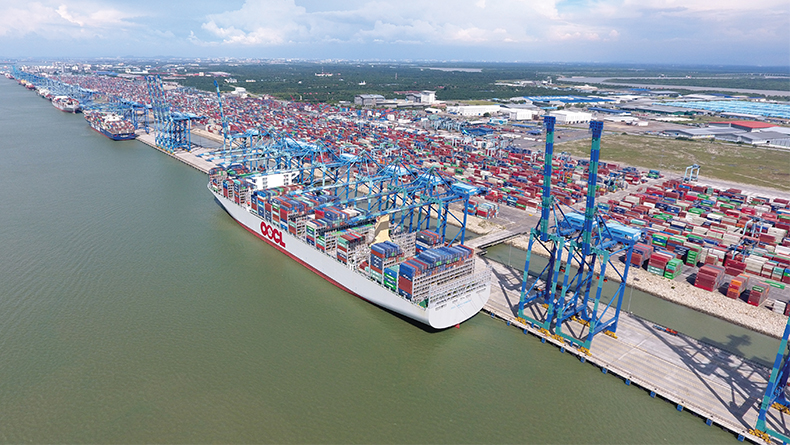Malaysians are bracing for potential price hikes on imported luxuries like wine and gourmet food as the ongoing crisis in the Red Sea continues to disrupt global shipping routes. The situation, exacerbated by Houthi militants’ actions targeting ships in the region, has led to significant increases in shipping costs and logistical challenges.
The Houthis, an Iran-backed rebel group in Yemen, have been targeting ships in the Red Sea, which is a crucial shipping lane for vessels traveling to and from Asia. Their actions have forced shipping giants to reroute their freight around the southern tip of Africa, leading to a surge in container shipping rates by more than 600 per cent over the Asia-Europe route since the outbreak of the Israel-Gaza war.
As a result of these disruptions, importers in Malaysia are facing increased costs and logistical delays. Some importers have even opted to hold off on placing new orders with their European suppliers, anticipating that these costs will have to be passed on to consumers.
The impact of the Red Sea crisis is not limited to shipping costs alone. Prolonged maritime traffic diversions and delays are expected to add inflationary pressure on ordinary consumers in Malaysia, where over half of the country’s international trade depends on sea transport.
The Malaysian government, while acknowledging the potential for inflationary pressures, has stated that the situation remains manageable for now. However, economists warn that if the crisis persists, it could lead to further increases in costs and disruptions in key imports from Europe, particularly in sectors such as chemicals, machinery, and auto.
The effects of the crisis are not expected to be limited to Malaysia, with concerns about broader implications for global trade if the situation escalates into a broader regional conflict. The ongoing disruptions in global shipping routes highlight the interconnected nature of the global economy and the potential ripple effects of regional conflicts on international trade.
As the situation continues to unfold, Malaysian consumers and businesses are preparing for potential challenges ahead, with hopes that the crisis will be resolved swiftly to minimize its impact on the economy and daily life.
(Source: Joseph Sipalan | Hadi Azmi | SCMP)









